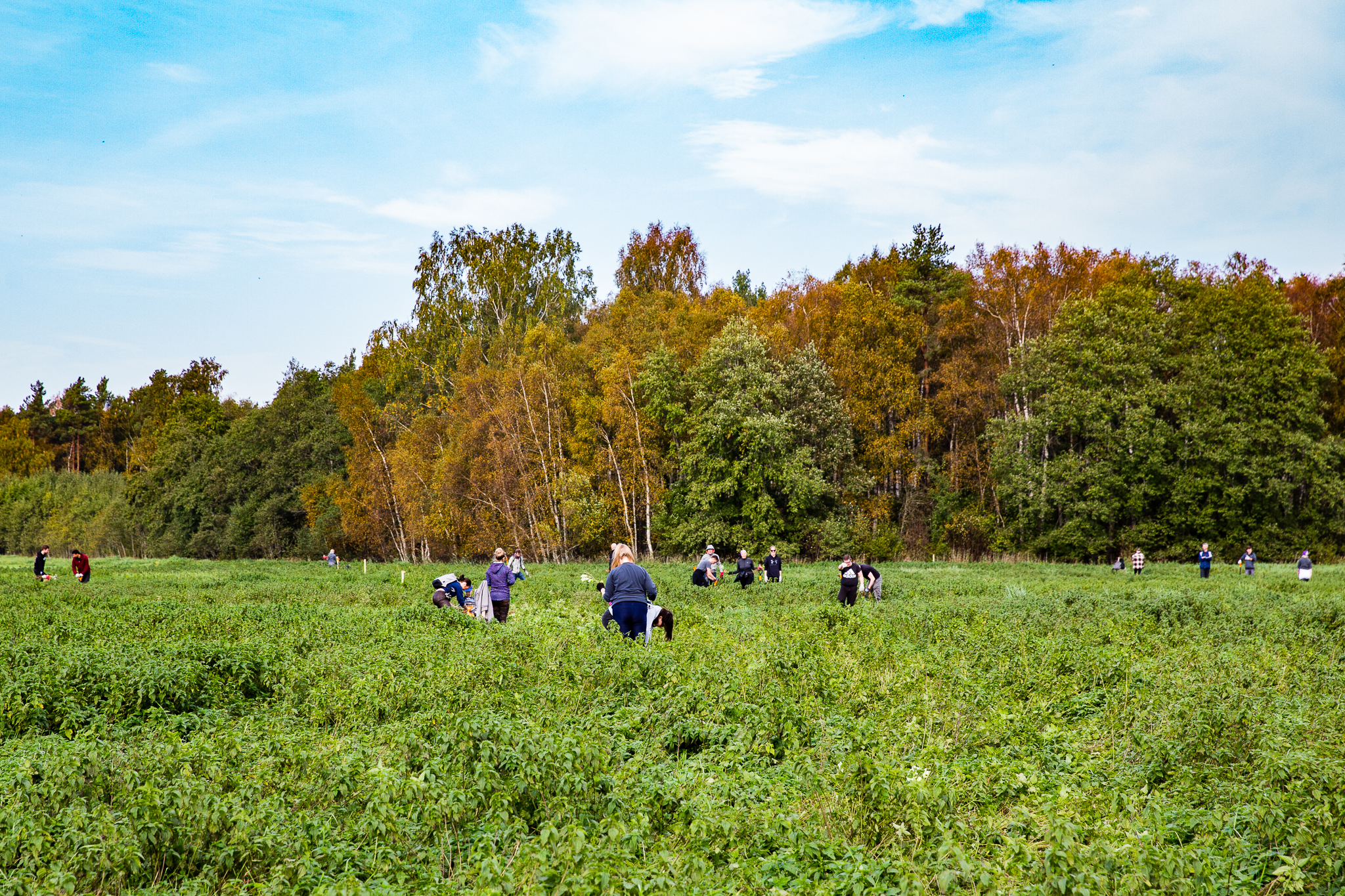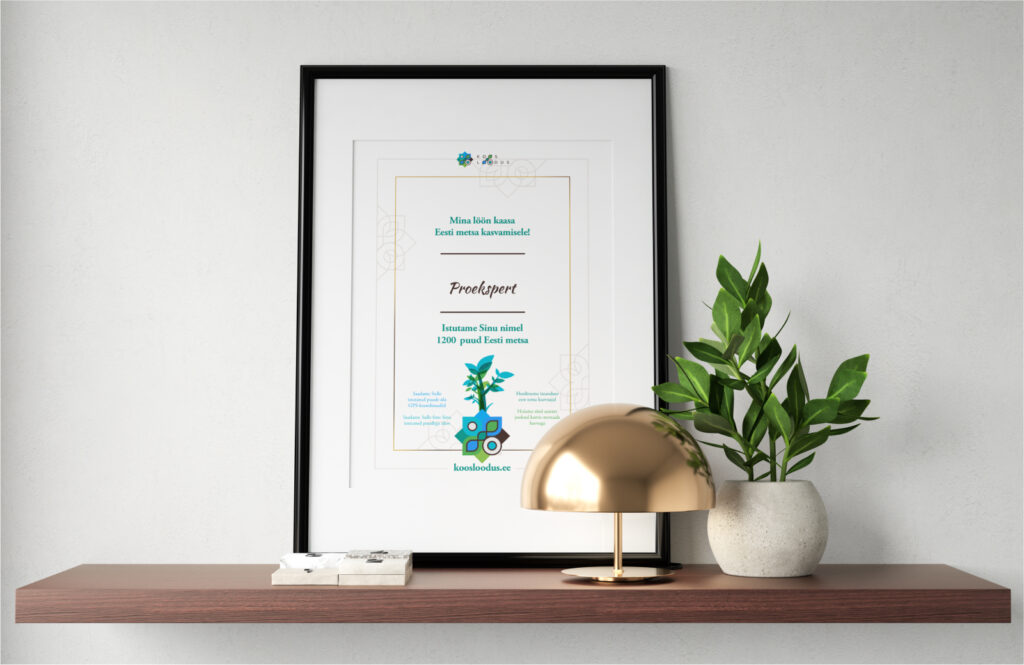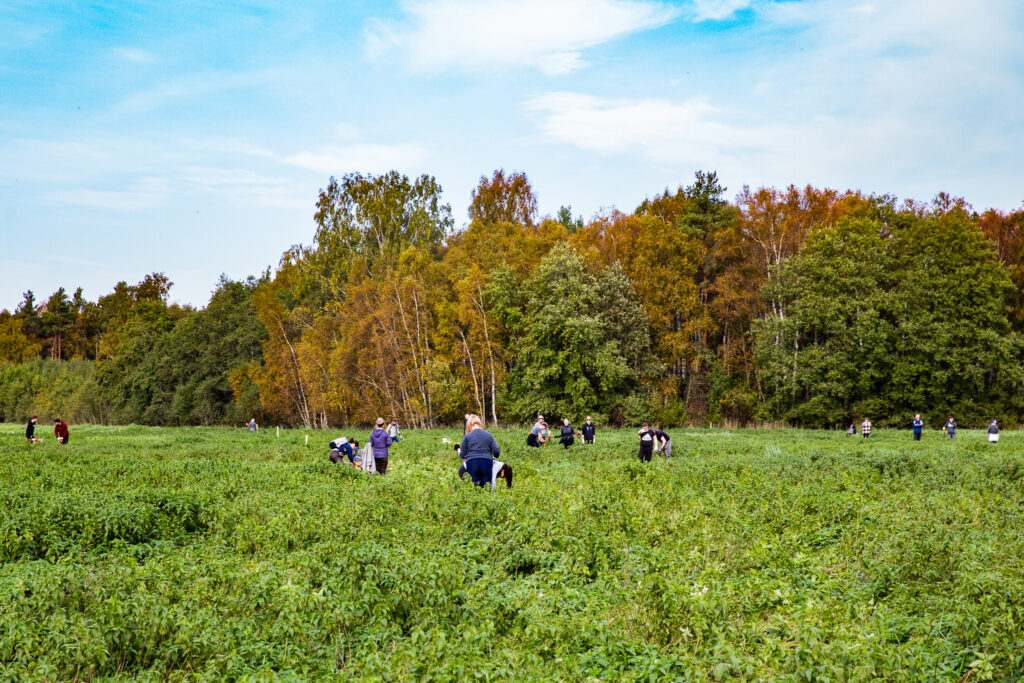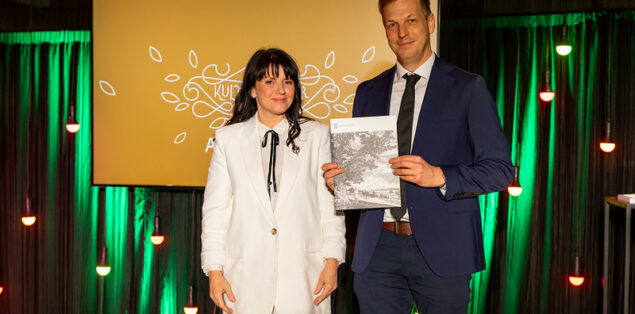600 of 1,200 trees planted: Not even Corona can stop us!

In 2019, Proekspert purchased 1,200 trees in the name of our partners and friends. Then 2020 happened.

Last holiday season, Proekspert purchased 1,200 trees in the name of partners and friends through a non-profit nature conservancy called Koosloodus, which protects, saves and maintains Estonian nature and increases biodiversity through the reforestation of broadleaf trees. Our intention was to invite partners, clients, and friends to plant these trees in May of 2020. But then Corona happened.
In September 2020, Koosloodus was able to plant about half the trees but, due to Corona, Proekspert and its friends were not able to participate. The decision was made to hold the remainder of the trees and wait for more favorable times. Those times have almost arrived.
Koosloodus plants broadleaf trees like oak, maple, ash, and linden, species which the for-profit forestry industry does not grow, but nevertheless harvests, reducing the environment’s biodiversity. In Estonia, due to our climate, broadleaf trees may only be planted in May and September when the ground is moist. Planting, at long last, will continue in the spring of 2021.

For those with a more intimate knowledge of Estonian geography, the first batch of trees was planted on a 7.65-hectare plot in Mõisaküla in Kiili parish – less than a 30-minute drive from Tallinn city center. Ideal land for planting is not forest that’s been clear cut, but rather land designated for other uses. This way, Estonia actually gains forest, and the effects of CO2 mitigated. The plot was overgrown with nettles and planting was possible without any major tilling of the soil or disruption to the environment.
To date, almost 20,000 broadleaf trees have pledged to Koosloodus, but not enough saplings are yet available for planting. Broadleaf trees may not be planted as seeds in the forest, so a future portion of donations will be allocated to nurseries to raise the trees to sapling stage, which can take from one to four years, depending on the species. But since these trees will live around 100 years, we figure it’s worth the wait.
If the idea of a gift of biodiversity through the cultivation of broadleaf forests appeals to you, you can make a donation here.
About Proekspert
Proekspert is a skilled software development company with over 30 years of experience. We have encountered many diverse approaches to equipment, software engineering, and cybersecurity. Our expertise covers embedded software, device-cloud integrations, technician apps, and portals.







